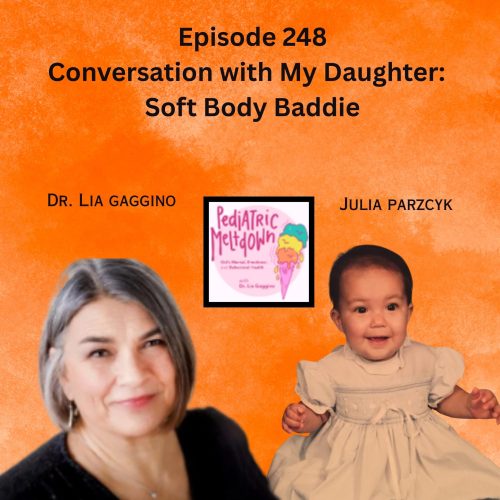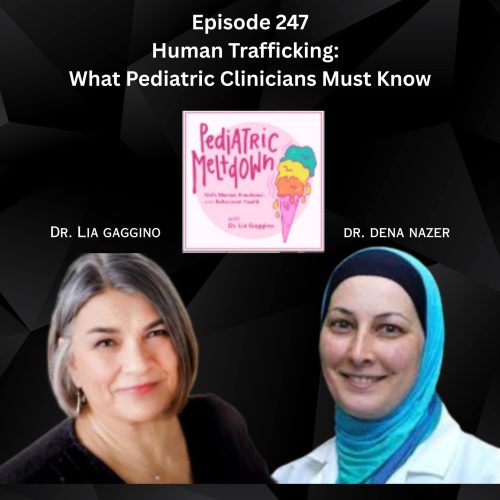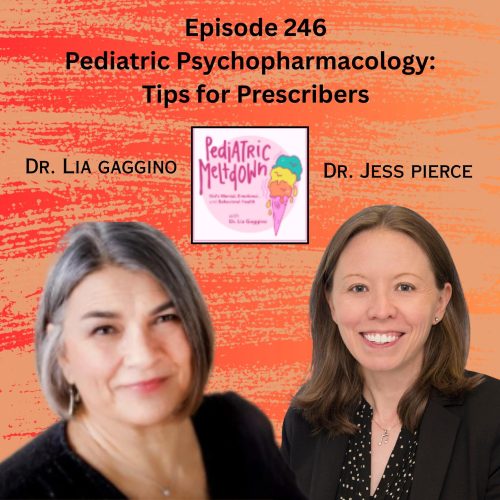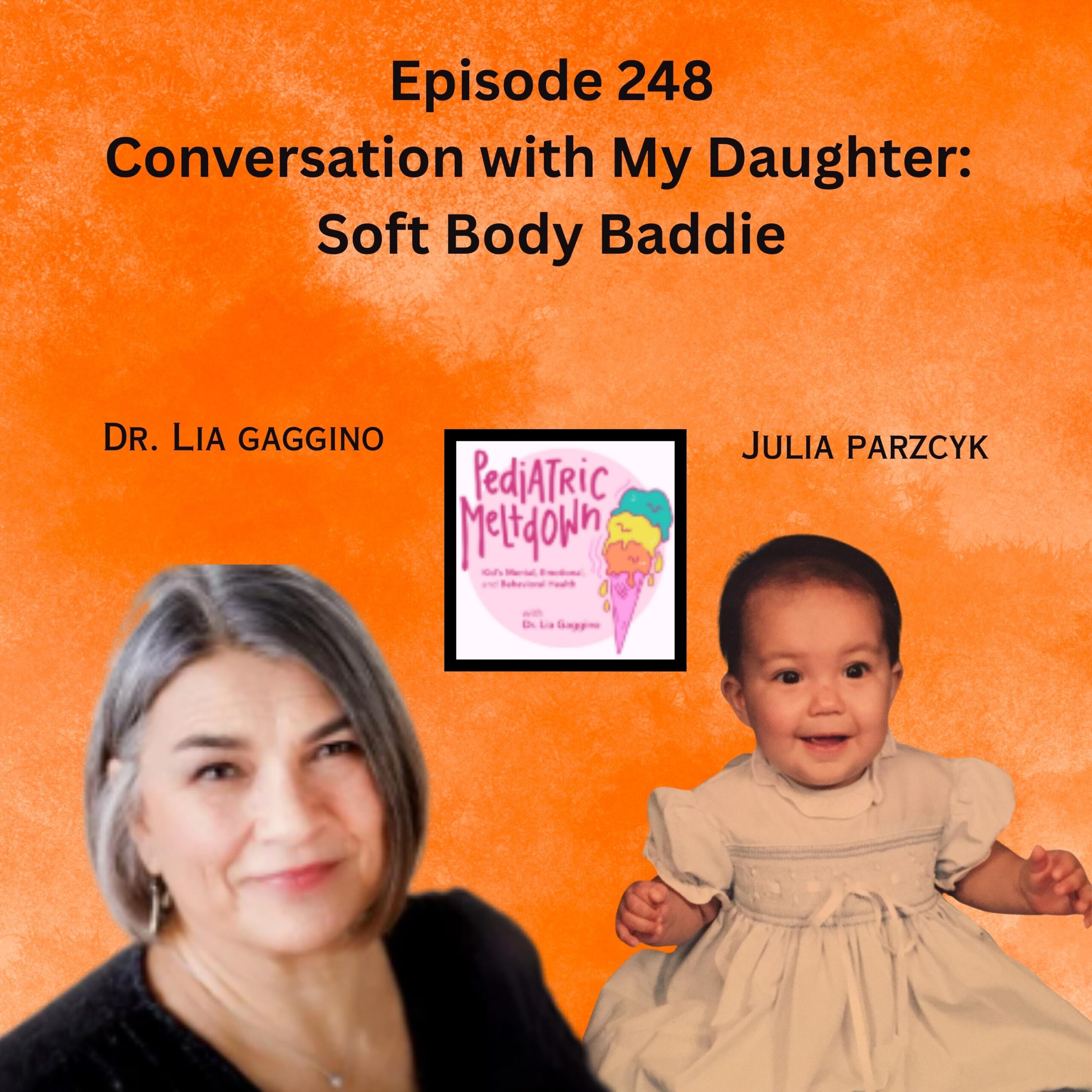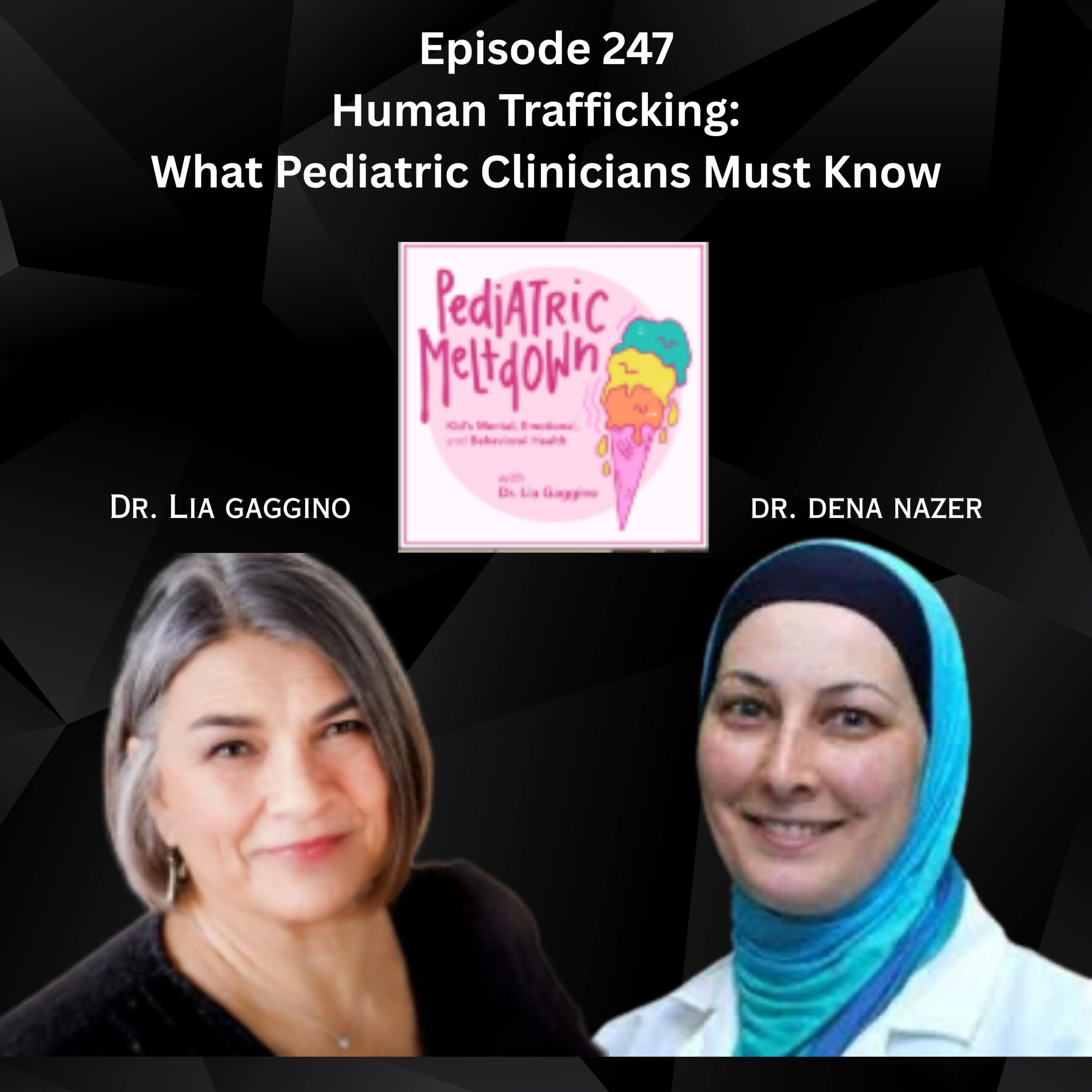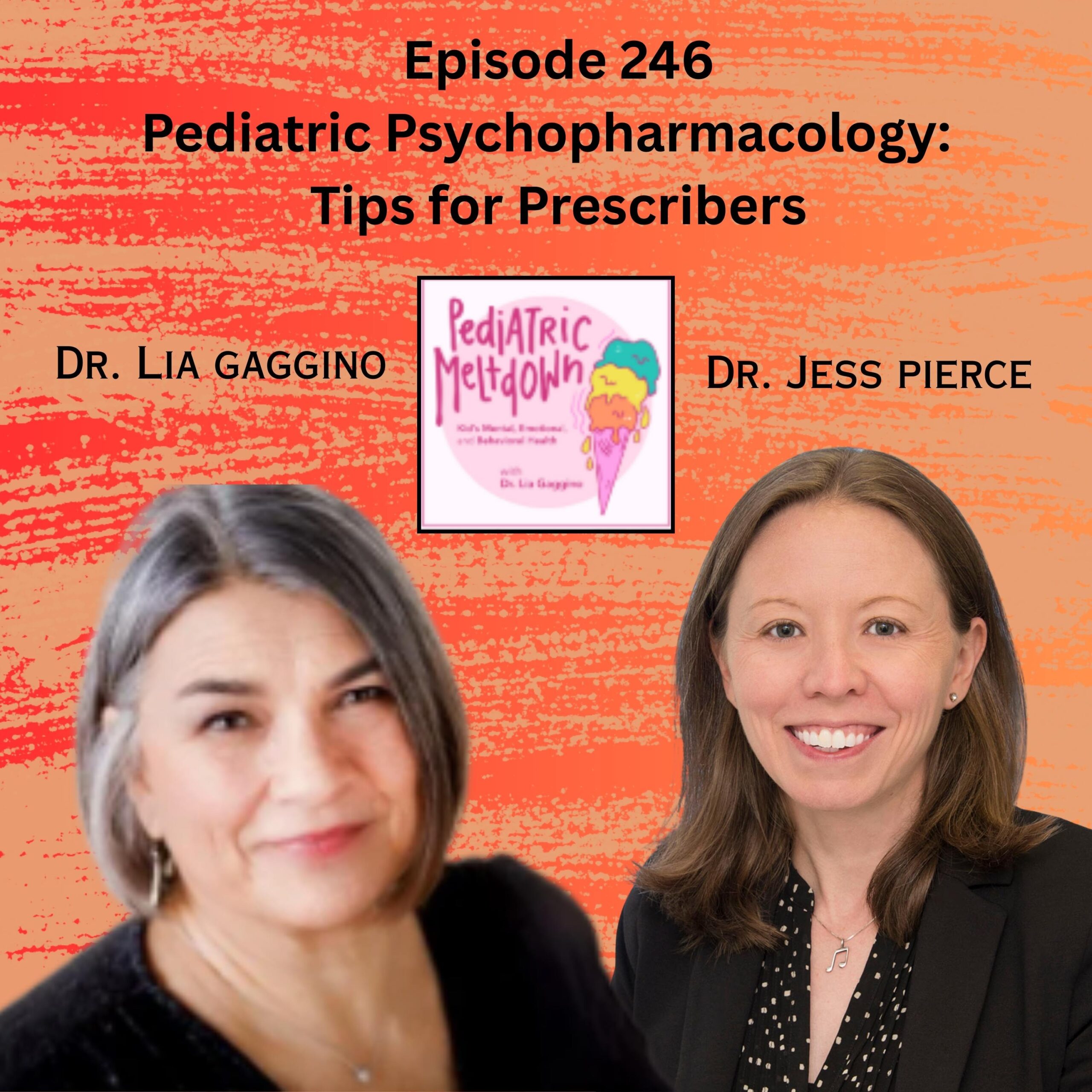Dr. Zakia Alavi returns to the podcast to talk about physician burnout and suicide. This is a difficult conversation and for some this episode may be difficult and you may not be in a place to listen. If you are struggling please reach out to the National Suicide Prevention line 800-273-8255, the Crisis Text Line – text “HOME” to 741741 or the new Physician Support Line staffed by our psychiatrist peers – 888-409-0141.
We will be exploring the barriers physicians and other healthcare clinicians face when struggling with mental health concerns. The mental health stigma is real and many, even those in very dark spaces, may not seek help because of fear of repercussions, job loss and shame. While we may wear the superhero cape (stethoscope) and aspire to be superheroes, we are not super human only human. Many of us trained in an era of trial by humiliation and intimidation and learned that vulnerability of any kind was not an option. Today we share warning signs that you may be reaching your burnout threshold, crisis resources and a message of hope that we are here for each other.
[00:01] Dr. Zakia Alavi Shares Her Story With Us
- I introduce and welcome Dr. Zakia Alavi
- Zakia shares her thoughts about physician suicide
- Suicide is more complicated than most people think
[07:13] Recognizing One’s Struggles
- Healthcare professionals can also be “not okay” too
- Why our competitiveness as humans can do us more harm than good
- We often feel guilty for not accomplishing all our tasks during the day
- How to stop this feeling
[17:06] Warning Signs Among Physicians
- Zakia talks about the biopsychosocial model
- What is it and why should we know about it?
- Check yourself and your colleagues too!
- Here’s how
- The airport sign that can be applicable for physicians
- We have an interesting exchange about physicians being difficult patients
[27:04] How Physicians Can Ask for Help
- Here are some practical tips for physicians to take a break
- Who can physicians call when they need help?
- The number one thing we think about when we hear “trauma”
- We talk about this certain stigma about physicians
- Why medical students should be taught how to say “no”
- The difference between suicide occurrences between male and female physicians
[39:53] Opportunities for Physicians to Help
- Start speaking up to the healthcare leaders to make a positive change
- Don’t miss the opportunity to help when you feel you or others need help
- Contact details to take note of in case you need help
[44:02] Closing Segment
- Final takeaways:
- Warnings signs we should look out for
- Impact of burnout on physicians
- Self-care ingredients
- When should you ask for help?
- Suicide Prevention Hotlines
Key Quotes:
“A physician lost to suicide impacts so many people, so many more people than probably other professions.” – Dr. Zakia Alavi
“If you see something, say something…to yourself, to others.” – Dr. Zakia Alavi
Email alavizak@msu.edu to get in touch with Dr. Alavi and visit https://raind.msu.edu/ to learn more about her work.
- Physician Support Line 1-888-409-0141 staffed by psychiatrists for physicians, fellows, residents and medical students 8 am- 1 am 7 days/week
- National Suicide Prevention Lifeline – 1-800-273-8255 Crisis staff available 24/7 365 days/year
- Crisis Text “HOME” to 741741 Crisis staff available 24/7 365 days/year
Resources Mentioned:
- Pediatric Meltdown Ep. 36: “We Burnout, We Break, We Die” Author Christopher Veal Speaks Out About Medical Student Mental Health and Suicide
- We Burn Out, We Break, We Die: Medical Schools Must Change Their Culture to Preserve Medical Student Mental Health
- Larner Stories Project
- Self-Compassion by Dr. Kristin Neff
- Book
- Stop Physician Burnout
- The Body Keeps the Score
If you’d like to connect with me, you can find me on LinkedIn, Facebook, and Twitter or email me at gagginol@yahoo.com. To learn more about me visit https://www.medicalbhs.com/
LOVE WHAT YOU HEARD? Leave us a 5-star review so we can continue to provide you with great content. Share this episode and help people know more about children’s health and well-being.



